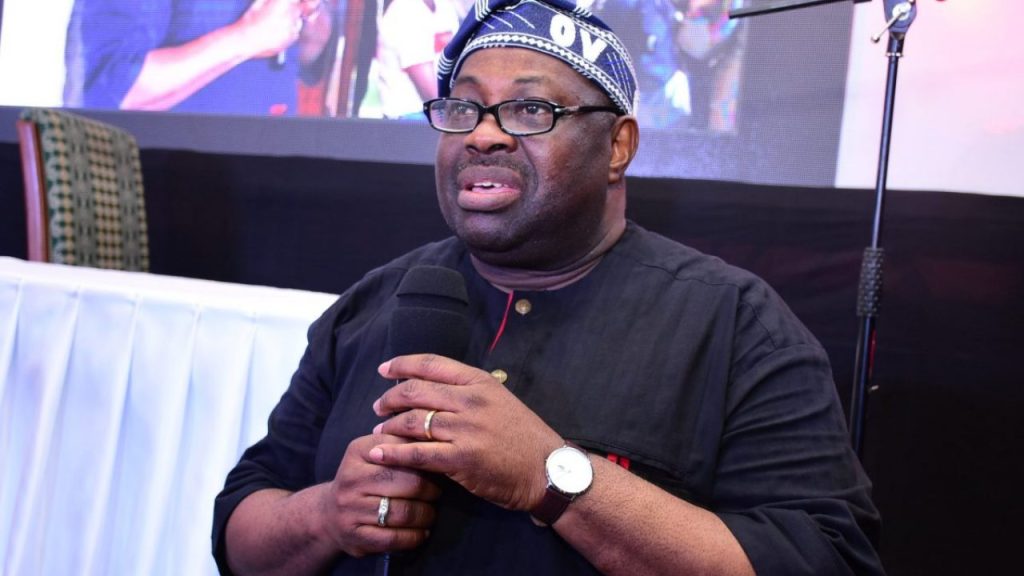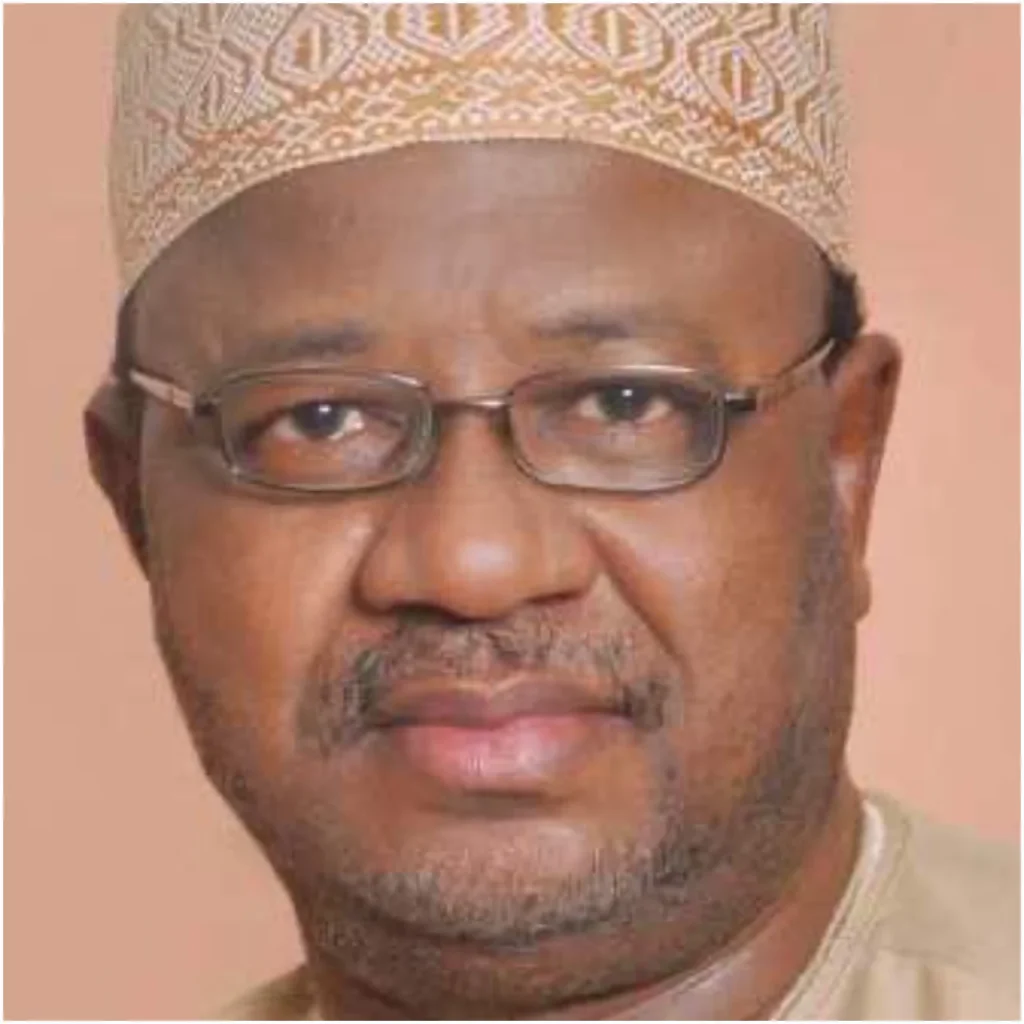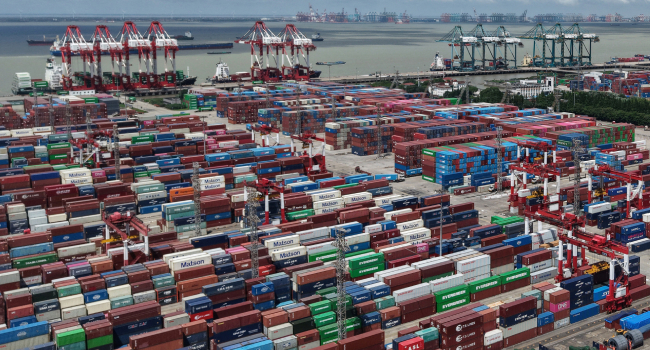The African Development Bank (AfDB) has announced plans to expand its Special Agro-Industrial Processing Zones (SAPZs) to all of Nigeria’s 36 states, with Phase 2 set to launch in September 2025. The initiative, aimed at boosting agricultural productivity and industrialization, follows the ongoing Phase 1 rollout across eight states and the Federal Capital Territory, where construction is already underway in Kaduna, Cross River, Oyo, and Ogun.
Outgoing AfDB President Dr. Akinwumi Adesina revealed the plans during his keynote speech at the 2025 Standard Chartered Africa Summit in Lagos, reiterating his commitment to mobilizing global investment for Africa’s development even after his tenure concludes on September 1, 2025. Titled “Tilting Global Capital for Unlocking Investment Opportunities in Africa,” his address emphasized innovative financing mechanisms and collaboration to channel resources into the continent. “Together, let us tilt global capital to unlock Africa’s assets,” Adesina said. “As I step into a new future, you can be sure this will be my focus.”
The summit, themed “Africa to the Globe: Innovation, Resilience, and Growth,” drew influential figures including Nigerian business magnate Aliko Dangote, author Chimamanda Adichie, and policymakers such as Nigeria’s Trade Minister Dr. Jumoke Oduwole. Adesina highlighted the AfDB’s role as a financial innovator, leveraging its AAA credit rating to amplify Africa’s development impact. Since 2015, the bank has provided over $102 billion in low-cost financing, increased its capital from $93 billion to a historic $318 billion by 2024, and mobilized $225 billion in investment interest through its Africa Investment Forum.
Key milestones include pioneering the rechanneling of IMF Special Drawing Rights (SDRs) into hybrid capital with partners like the Inter-American Development Bank, as well as groundbreaking transactions such as a $750 million private sector hybrid capital deal that attracted $5.1 billion in investor demand. The bank also facilitated Egypt’s first Panda Bond issuance on Chinese markets through a $250 million credit guarantee.
Adesina urged global institutions to deepen partnerships with multilateral lenders, advocating for risk-mitigation tools, stronger ESG frameworks, and local-currency financing solutions to unlock Africa’s economic potential. Nigeria remains the AfDB’s largest portfolio holder, with $5.1 billion in active investments split evenly between public and private sectors.
With Phase 1 SAPZs advancing and Phase 2 on the horizon, the AfDB’s initiatives reflect a broader strategy to transform agriculture, reduce poverty, and position Africa as a hub for sustainable growth—a vision Adesina vowed to champion far beyond his presidency.



